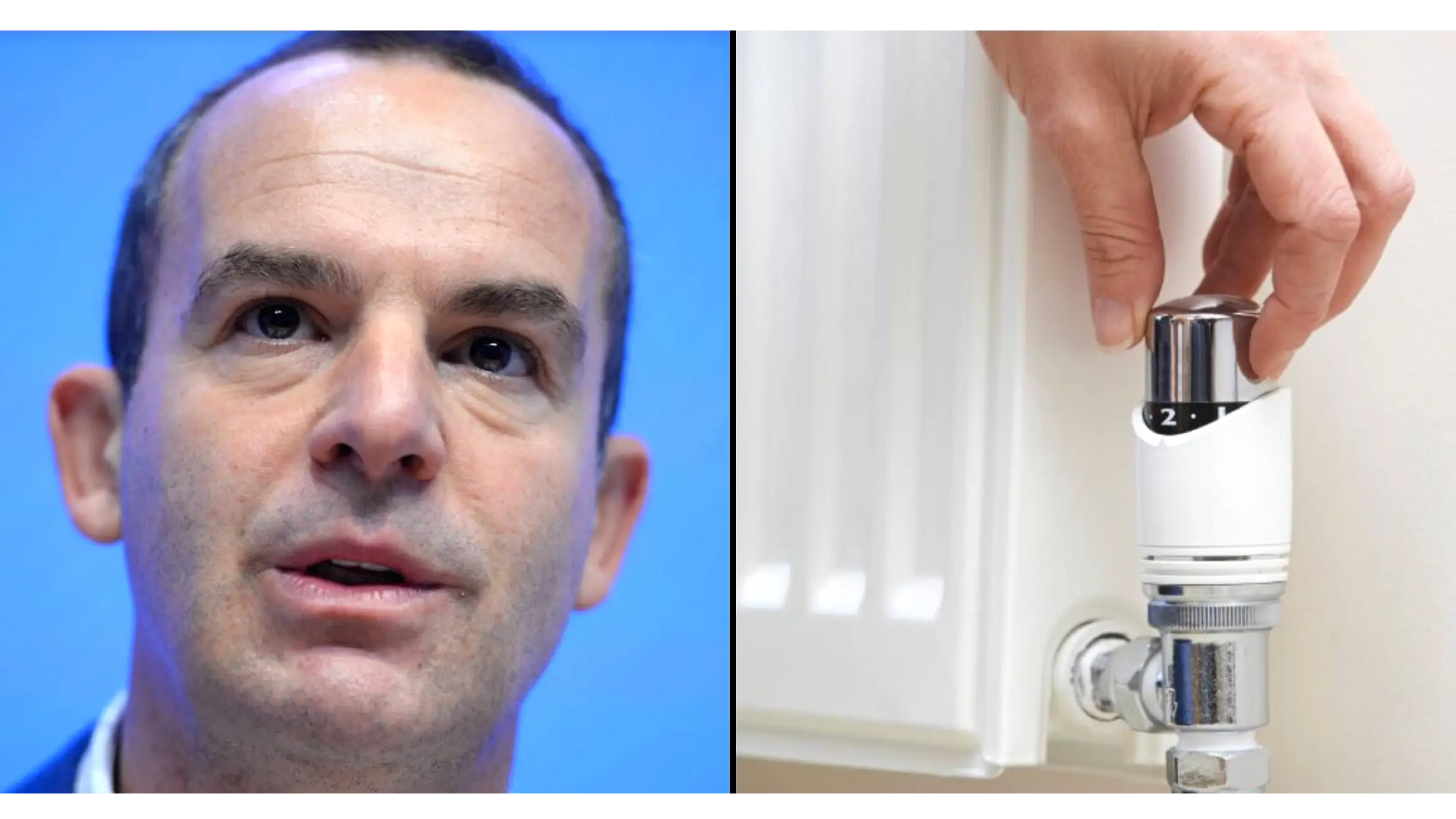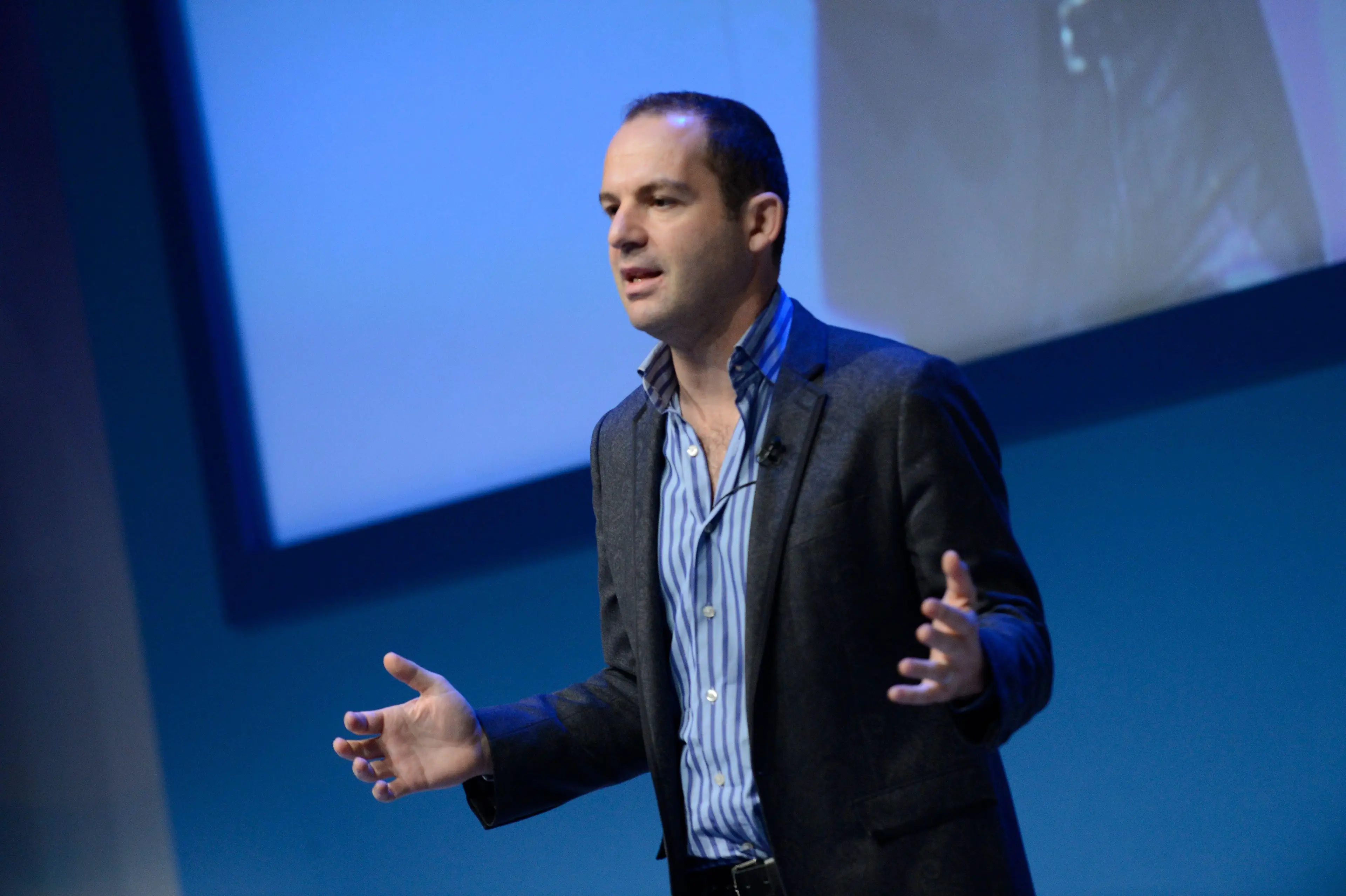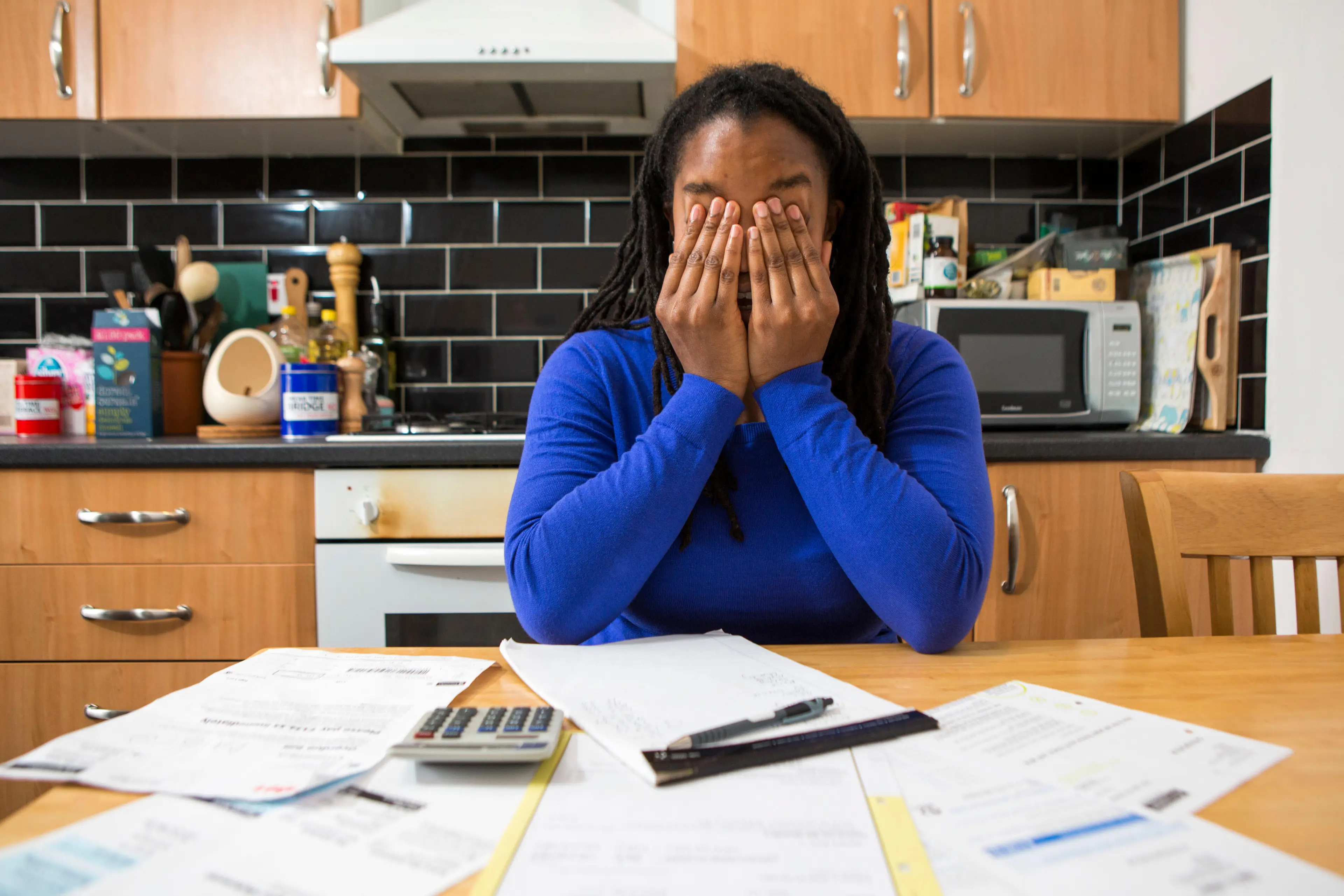
Martin Lewis has explained how households could be forced to fork out hundreds, even if they aren't using gas and electricity.
As if the cost of living crisis couldn't get any worse, turning off the heating in a bid to keep costs down might not work as well as we'd hoped.
This news comes after energy regulator Ofgem announced a huge 80 percent rise in the 1 October price cap.

Advert
So, why will we be forced to pay for a service we might not use? Well, included in Ofgem's price cap is a daily standing charge.
For anyone not aware, a standing charge is a fixed amount you pay for gas and electricity, regardless of how much you use.
That means that even if you use no gas and electricity, you will still be asked to fork out a couple of hundred quid.
Explaining exactly what's happening, Lewis said in a recent newsletter: "You will pay £273/yr even if you use no energy. The daily standing charges that you pay just for having a bill rose hugely in April, and increased a touch more this time.

"If you have both gas and electricity, the average price cap standing charge is £273/year before you use owt."
Yep, and that's if you're a direct debit customer. If you pay by prepayment meter, you'll have to pay out even more - £319.56 a year, to be precise.
While this sounds horrendous, Lewis was also on hand to help with other ways to keep costs down.
They include reducing usage, which can range from turning down your thermostat, cutting down shower time, or washing your clothes less.
Lewis also urges people to remember to opt-in for the government's £400 energy grant.

This year, the Government announced a non-repayable grant to come off electricity bills, paid at roughly £66 a month from October to March. It's done via electricity bills, as that is more universal than gas.
Some will get the money paid directly into their accounts, or their direct debits reduced, and those on prepayment meters will be issued vouchers.
Of course, this will only offset climbing bills somewhat, however, it doesn't tackle the whole issue because even with £400 off of an 80 percent annual increase, many Brits will still have to choose between heating and eating.
If you've been affected by any of the issues in this story, you can find more information about where to get help from Turn2Us via their website.
Topics: News, Martin Lewis, Money, UK News